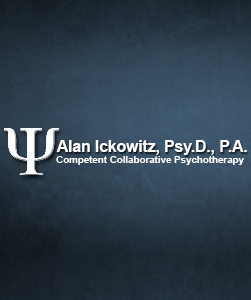On the Topic of ‘Feelings’
Feelings are not right or wrong. They just are. Much unnecessary suffering and depression can result when we condemn ourselves for feeling what we feel. Examples are when we are thinking “I shouldn’t feel (fill in the blank) depressed, anxious, angry,” or “It’s stupid to feel….”, “I am a bad person for feeling…..”.
When we condemn ourselves for feeling emotions it interferes with our ability to understand why we are feeling what we are feeling. If we can replace the judgment with the question; “why should it be that I feel (blank) when…..?” Emotions happen “to us”; there is no choice, we can’t choose to feel anything or not to feel something. Therefore it makes no sense to judge ourselves for having the feeling. Some emotions are painful and distressing, this is true, and we tend to want to avoid what is unpleasant. But to avoid our feelings is to be cut off from the essence of who we are. We should also never try to talk ourselves out of feeling an emotion. For one, it won’t work and for another, it leads to more self alienation, depression and less fulfillment. When emotions are distressing, we can make an effort to identify what the feeling is, why we are having it and what we then want to do about it, if anything. The sharing of our emotional experiences with another person is in fact one of the healthiest ways in which we can help ourselves and this is a central foundation of the healing potential in psychotherapy. If feeling the emotion becomes an obstacle to living our life in a satisfying way, we can try to focus our attention and our actions on other things and in other directions in the short-term. But we should recognize that there is a risk involved when we do this. This type of avoidance may lead to the feelings lingering longer than they otherwise would have. In fact, this is a very common experience and one that is often addressed in psychotherapy as a person searches for a healthier way to address and resolve emotionally painful situations.
(There are some neurobiological and neurocognitive researchers who attempt to site evidence for human beings having choices in what emotions they experience but I believe that they are taking into account a host of other factors that results in a different dialogue than the one I am presenting here)
I will have a lot more to say about our relationship to our emotional life in future posts.

